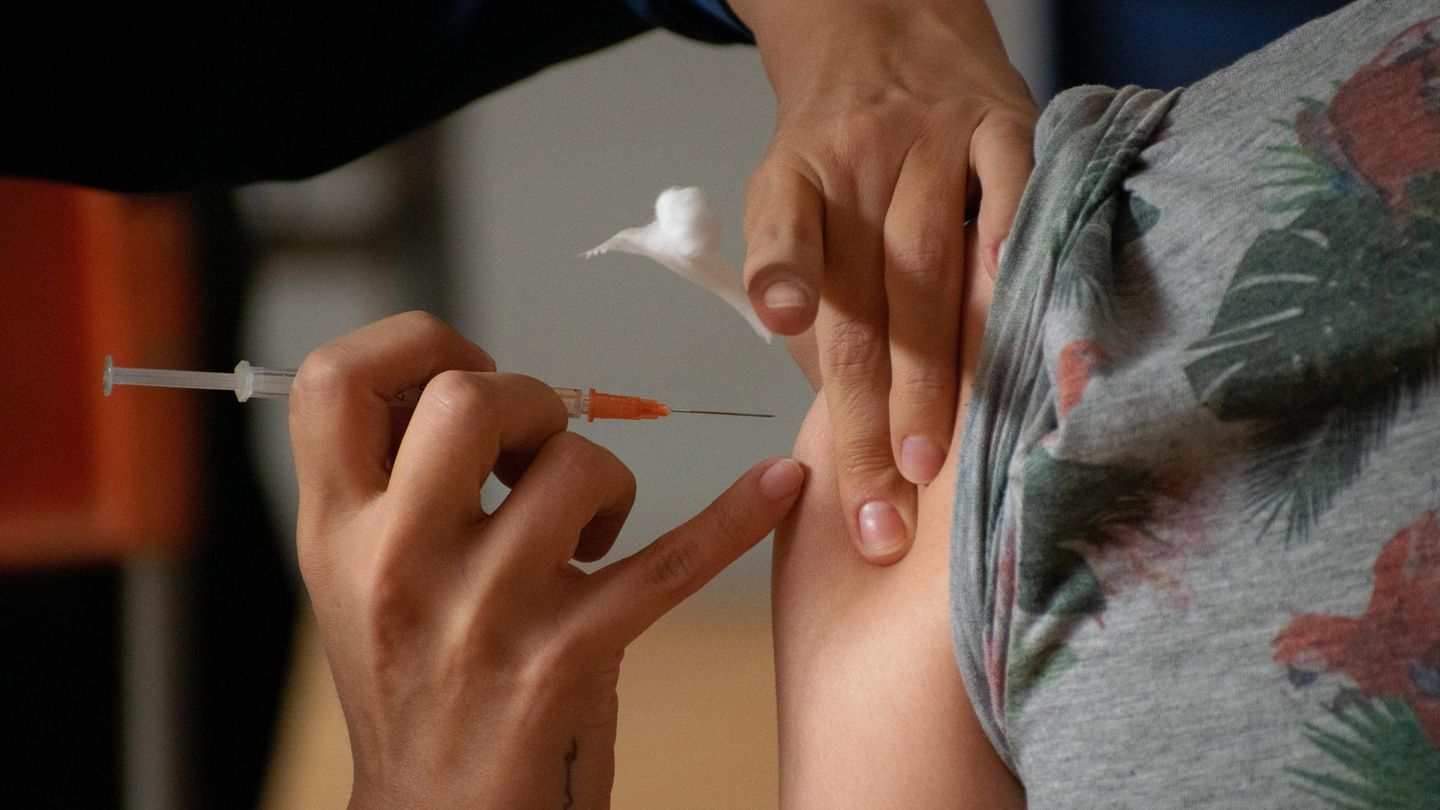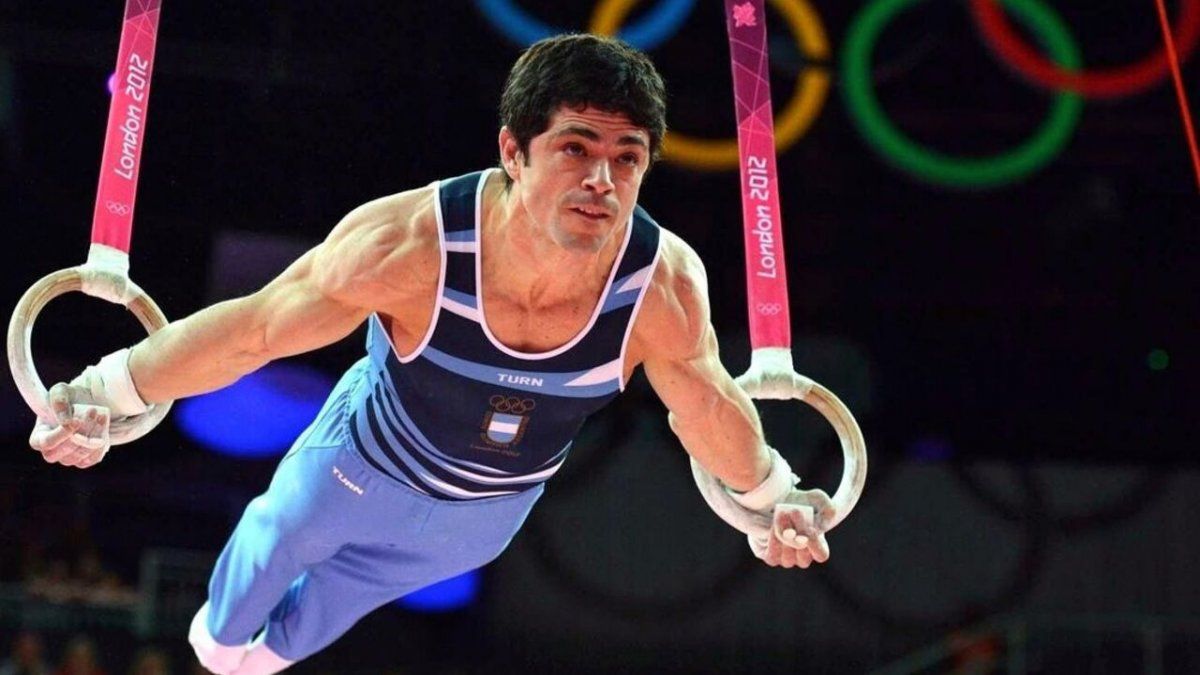The fourth vaccination against the corona virus is running. But data shows that it doesn’t really do much. In addition, some fear that the immune system could be overwhelmed. What is it?
In Israel, the fourth vaccination wave is going around, Germany recommends the corona booster after three instead of six months – and then Marco Cavaleri, head of the EMA department “Biological Health Threats and Vaccination Strategies” grapples with an irritating statement in between. “We should be careful not to overwhelm the immune system with new vaccinations,” he said. It was about the number of booster vaccinations that may be necessary against an infection with the corona virus within three to four months. Is vaccination so close together possibly unhealthy?
“The other vaccination schemes that we know are indeed different,” confirms Christine Falk, immunologist and member of the German government’s Corona Expert Council. On the other hand, there are the mRNA vaccines. “They were specially developed for cancer patients and are even vaccinated four or six times at least every two weeks,” she explains star. For Corona, the mRNA vaccine was initially developed for two immunizations eight to twelve weeks apart. The fact that politicians are now relying on the third vaccination has mainly to do with pragmatism. Data from Israel have already shown that immune protection can be increased in this way.
From an immunological point of view, however, it makes more sense to only administer the booster after six months instead of three. In so-called affinity maturation, the antibodies are adapted. “It’s a process and it takes time,” says Falk.
The fears of EMA boss Cavaleri are therefore justified. “Vaccinated people show a very good immune response and you shouldn’t weaken that by vaccinating too early.” The frequent contact with antigens could lead to a so-called T-cell anergy, , Professor at the Harvard TH Chan School of Public Health. To understand this, it is worth taking a closer look at how the vaccination works in the body.
The two fronts of the immune system
Vaccination with an mRNA or vector vaccine in the arm causes antibodies to form in the blood and lymph nodes, Falk explains. The “Team Spike” is produced there, the antibodies and T cells that recognize the protein with which the virus docks in human cells. “If you activate them too often, they can actually be switched off,” says Falk. In immunology, this process is called anergy. However, this reaction is very individual. Who forms antibodies against the virus and for how long depends, among other things, on age.
Current RKI data shows that the number of people who have been infected with the corona virus despite boosters has recently increased. However, this has nothing to do with the vaccination. A distinction must be made here between the immune response in the blood and mucosal immunity, known in technical jargon as mucosal immunity. “It consists mainly of antibodies that accumulate in the throat and throat area,” explains Falk. Exactly where the virus first settles. The B cells are responsible for preventing infection. However, their protection is more short-lived than that of T cells. “And it’s also different in each person.” According to Falk, the immune protection in the throat and throat area can be increased with a timely booster vaccination. Hence the idea of shortening the interval between the second and third vaccination.
However, the fact that more and more people who have been boosted are now suffering from corona has more to do with the new virus variant Omicron than with vaccination too early. This has changed in such a way that the first line of defense in the nose and throat area no longer recognizes the virus so well. The situation is different with the defense mechanisms in the blood: “The defense front behind it can still prevent severe disease progression very well,” says Falk. Therefore, one must ask oneself what one wants to achieve with the vaccination.
So far, the vaccine has been intended to prevent serious illnesses. That was successful, as the show, among other things. The institute recently reported 979 unvaccinated people aged 18 to 59 who ended up in the hospital because of a corona infection. Among those boosted, there were 338 hospitalized people. According to RKI calculations, the vaccination booster protects 88 percent against hospitalization, while basic immunization protects 66 percent.
Vaccination reliably protects against severe disease progression
According to Falk, the fact that the antibody level drops again a few weeks after the third vaccination is not an indication of reduced immunity. “That’s only logical because the immune system works economically,” says the immunologist. If the antibodies are not needed, they are reduced – but this does not mean that the immune memory is dwindling. With three vaccinations or the basic immunization and an additional corona infection, the immune protection can last for over a year.
“That’s why we at the German Society for Immunology would not recommend a fourth vaccination for healthy people under the age of 70.” Like , a second boost does not significantly improve Immune Protection. With regard to Omikron, it is already clear that people who have been vaccinated fourth will also become infected with the virus because the variant “slips through this first line of defense”. In this respect, a third vaccination currently offers the best protection – at least against a severe course.
“But if the goal is to permanently suppress infections, you have to think about how to strengthen mucosal immune protection,” says Falk.
Source: Stern




